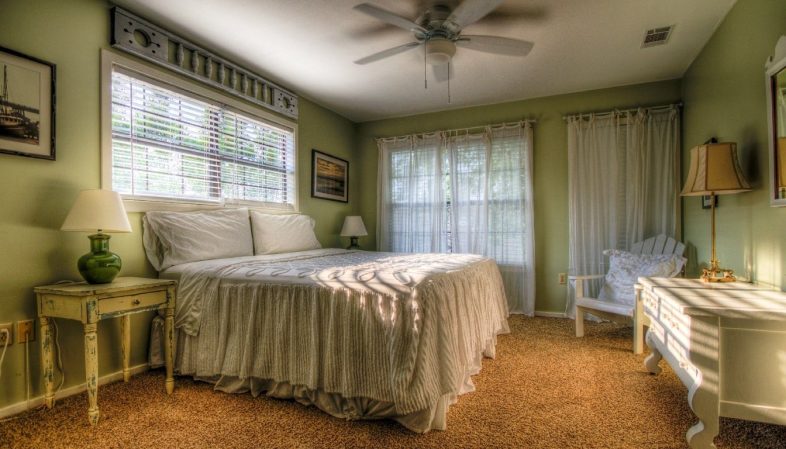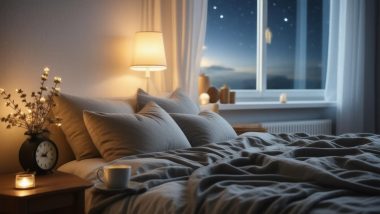When it comes to getting a good night’s sleep, the environment you sleep in can play a critical role in your overall sleep quality. A sleep-inducing environment helps signal to your body that it’s time to unwind and rest. Here are some effective strategies to create that perfect setting:
Control the Temperature
A cool room significantly contributes to better sleep quality. Ideally, the temperature of your bedroom should be between 60 and 67 degrees Fahrenheit. If you find your room too warm, consider adjusting your thermostat, using breathable sheets, or even investing in a fan to circulate air, ensuring your body stays cooler as you drift off to sleep.
Limit Light Exposure
Light can interfere with your body’s natural sleep-wake cycle. To create a sleep-conducive atmosphere, consider blackout curtains or shades to block out streetlights. Moreover, reducing blue light exposure from screens at least one hour before bedtime can help signal your brain to produce melatonin, the hormone responsible for sleep.
Minimize Noise
Excessive noise can be a major distraction, preventing you from falling asleep. If you’re unable to eliminate external noises, consider earplugs or white noise machines that can drown out disruptive sounds. Gentle sleep sounds, like rain or ocean waves, can also enhance sleep quality by creating a soothing auditory backdrop.
What are the main benefits of improving sleep quality?
Improving sleep quality can lead to better overall health, enhanced cognitive function, mood stability, and increased energy levels throughout the day.
‘Sleep is the golden chain that ties health and our bodies together.’ – Thomas Dekker
What are some common sleep disruptors I should avoid?
Common sleep disruptors include caffeine, heavy meals, electronic devices (blue light), and stressful activities right before bedtime. Limiting these can significantly enhance sleep quality.


